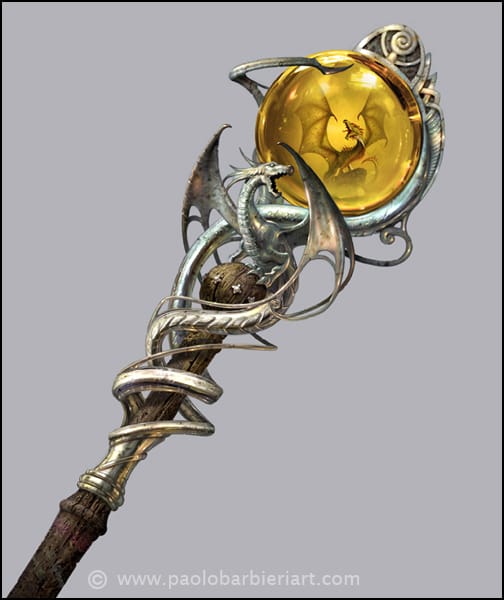Reading Persepolis by Marjane Satrapi. It, and couple of others, were recommended here recently, and is somewhat of a new genre for me, memoir / biography in graphic novel format, graphic memoir?
Got the omnibus edition, “The Complete Persepolis”, it’s a pretty interesting read. It’s about young girl in Iran during the Islamic Revolution of 1979, at least the first volume, after that it’s about her life after that.
What about all of you? What have you been reading or listening to lately?
For details on the c/Books bingo challenge that just restarted for the year, you can checkout the initial Book Bingo, and its Recommendation Post. Links are also present in our community sidebar.


I highly recommend those books, and have some others along those lines if you’re interested.
In regards to “why theology in particular”: my conservative upbringing was essentially “this is our limited view of what’s acceptable as a Christian, anything outside that isn’t right”. Now, I’m not ready to abandon my faith in exchange for inclusion of “others”, so I turned to theological authors to see what they have to say on the matter as an attempt to find inclusion within that faith; Thatcher, Cornwall, and Althaus-Reid are/were college professors of various flavors of theology and also claim a Christian faith, so I believe their works are pertinent here. To summarize: I was taught that judgment of GSMs was inherently expected in the faith (with the understanding that GSMs were living outside God’s direction), but now I want to learn about explicit inclusion of GSMs in the faith where a person doesn’t have to abandon their homosexuality or variant gender expression in order to find inclusion in the faith.
I’ve definitely picked up on some of the outdated-ness of the book. Hijras aren’t just crossdressers in the Western understanding of the term, but rather a third gender specific to Indian society as a result of their representation in Hindu mythology in texts like the Ramayana and Mahabharata. Outside of Hinduism, some Hijras have converted to Islam. Some join the Hijra community out of necessity (being outcast by family or community) or by choice (preferring a feminine role in society or feminine clothing). It’s been an enlightening read so far. “Surgery” to become a Hijra is a bit of a misnomer, as it’s far more of a ceremony involving the community, and the process involves some string and two sharp cuts to remove the genitals; some don’t even survive, which is explained as a battle between the gods of good and evil.
The other half of the book is about transvestites (again, an outdated term nowadays) in the UK, which is much closer to my situation.
This chain is getting a bit long, so feel free to DM me!